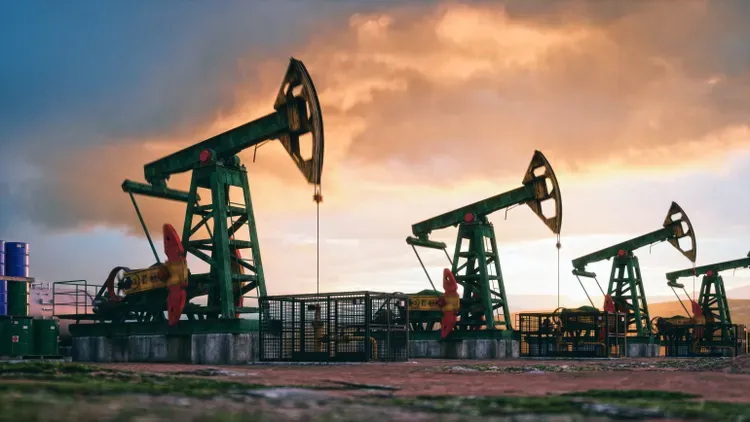"I'm going to work like the devil to bring gas prices down," Biden said yesterday, citing the need to increase energy supplies and boost supply chains.
Inflation in the United States reached its highest level in 40 years in January, according to Consumer Price Index data released yesterday, with prices rising 7.5 percent from January 2021. The increase in fuel oil was 46.5 percent year on year, 40 percent for gasoline, and 23.9 percent for piped gas service.
It would not be remiss to say that the world's energy sector is in a state of flux. The clamor to shift from fossil fuels to renewable sources and bring down carbon emissions has been gaining momentum. But the reality is that our economies are built on fossil fuels, and the transition will take time.
The Covid-19 pandemic continues to wax and wane, but as restrictions have been rolled back, demand for oil and gas has soared. The market, seemingly unprepared for such a spike, is seen to be grappling with depleted stocks and soaring prices.
During the last seven weeks, oil prices have been going up. Last Friday, they hit a seven-year high because of concerns about supply problems during the winter and political turmoil in the world's major oil producers. Brent crude hit a record high of $93.70, and WTM crude hit a high of $93.17, which is the highest level since September 2014.
According to Goldman Sachs, crude prices will touch $100 before the end of the year. The International Energy Agency (IEA) expects oil demand to return to pre-pandemic levels in the near term.









